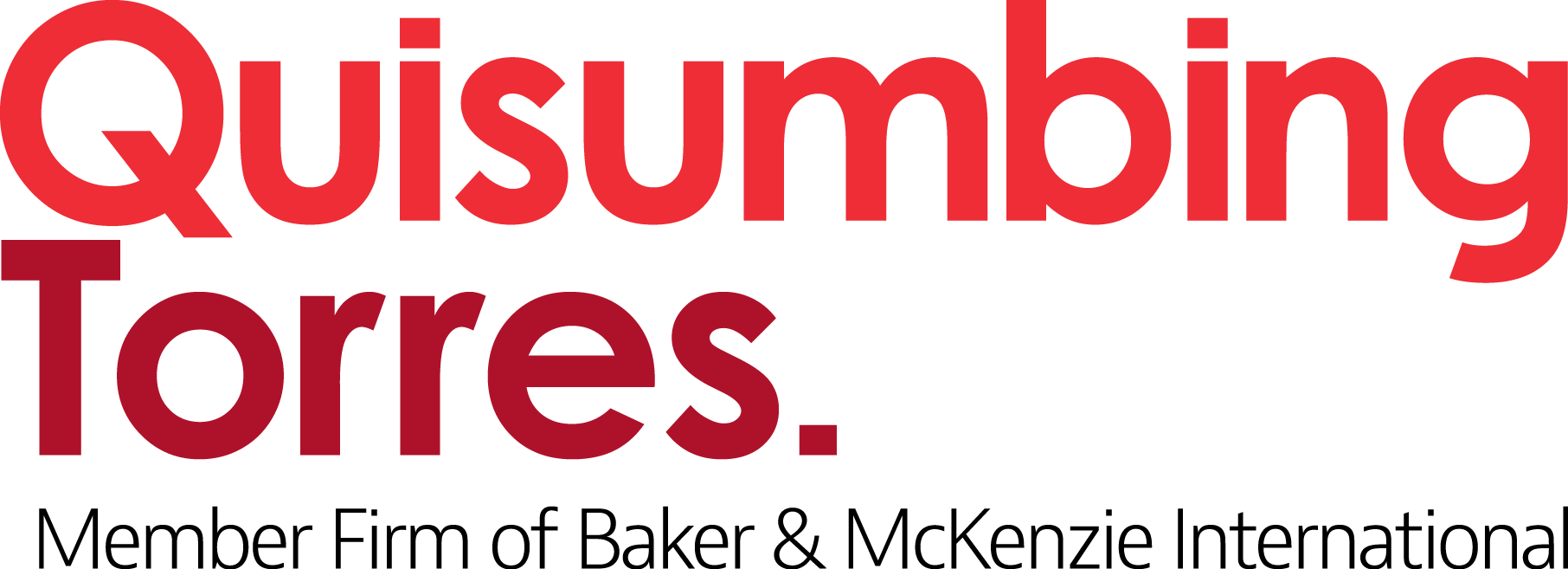Republic Act No. 11659 amends the Public Service Act to allow 100% foreign ownership of certain public services, including telecommunications.
In brief
President Rodrigo Duterte signed into law Republic Act No. 11659 or “An Act Amending Commonwealth Act No. 146,” otherwise known as the Public Service Act, as amended on 21 March 2022. The amendment aims to liberalize previously restricted service industries to encourage private enterprise and foreign investment. While the law provides an exclusive list of sectors that are to be classified as ‘public utilities’ that remain subject to foreign ownership restrictions, the amendment also removes the 40% foreign ownership investment cap on certain public service sectors, including telecommunications.
Key takeaways
Key takeaways from R.A. No. 11659 are as follows:
- The amendments exclusively enumerate services to be classified as ‘public utilities,’ or services that will remain subject to the 40% ownership cap under the Constitution, which are:
- Distribution of electricity
- Transmission of electricity
- Petroleum and petroleum products pipeline transmission systems
- Water pipeline distribution systems and wastewater pipeline systems, including sewerage pipeline systems
- Seaports
- Public utility vehicles
- On the other hand, the telecommunications economic sector is reclassified as ‘critical infrastructure,’ which are systems and assets — whether physical or virtual — so vital to the Republic of the Philippines that the incapacity or destruction of such systems or assets would have a detrimental impact on national security.
- ‘Telecommunications’ is defined by the Act as “any process which enables a telecommunications entity to relay and receive voice, data, electronic messages, written or printer matter, fixed or moving pictures, words, music or visible or audible signals or any control signals of any design and for any purpose by wire, radio or other electromagnetic, spectral, optical or technological means.” Expressly excluded are passive telecommunications tower infrastructure and components, such as, but not limited to, poles, fiber ducts, dark fiber cables, and passive telecommunications tower infrastructure, as defined by the Department of Information and Communications Technology (DICT), and value-added services, as defined in the Public Telecommunications Policy Act of the Philippines.
- The amendment removes nationality restrictions for telecommunication services in the Philippines, which now allows foreign nationals to own up to 100% of capital in a company providing telecommunications services directly to the Philippine public, but only if the country of such foreign national accords reciprocity to Philippine nationals under a foreign law or a treaty.
All administrative agencies1 concerned shall, in coordination with the National Economic Development Authority (NEDA) promulgate rules and regulations to implement the provisions of the Act, within six months from its effectivity.
1 Civil Aeronautics Board (CAB), Civil Aviation Authority of the Philippines (CAAP), Department of Energy (DOE), Department of Environment and Natural Resources (DENR), DICT, Department of Transportation (DOTr), Energy Regulatory Commission (ERC), Land Transportation Franchising and Regulatory Board (LTFRB), Land Transportation Office (LTO), Local Water Utilities Administration (LWUA), Maritime Industry Authority (MARINA), Metropolitan Waterworks and Sewerage System (MWSS), National Telecommunications Commission (NTC), National Water Resources Board (NWRB), Philippine National Railways (PNR), Philippine Ports Authority (PPA), Toll Regulatory Board (TRB)

Please contact QTInfoDesk@quisumbingtorres.com for inquiries.






